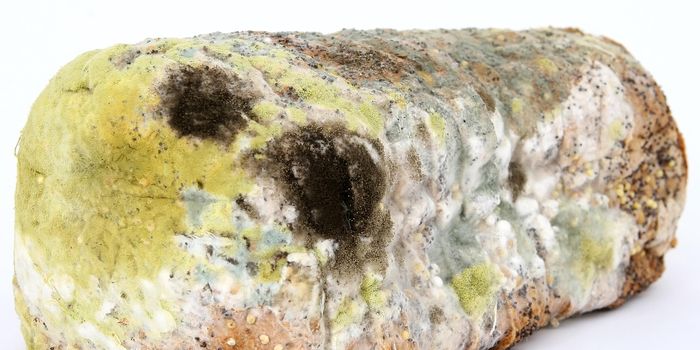Plants & Animals
Diamonds Are a Plant's Best Friend
MAY 28, 2015 3:47 PM PDT
Share
Herpes-based therapy shows promise for melanoma treatment
 A phase III clinical trial has demonstrated the therapeutic benefit of the oncolytic virus Talimogene Laherparepvec (T-VEC) against melanoma, paving the way for a potential novel therapy for patients with metastatic melanoma. T-VEC is the first oncolytic immunotherapy to demonstrate therapeutic benefit against melanoma in a phase III clinical trial.
A phase III clinical trial has demonstrated the therapeutic benefit of the oncolytic virus Talimogene Laherparepvec (T-VEC) against melanoma, paving the way for a potential novel therapy for patients with metastatic melanoma. T-VEC is the first oncolytic immunotherapy to demonstrate therapeutic benefit against melanoma in a phase III clinical trial. T-VEC preferentially kills cancer cells. It is based on a cancer-killing herpes virus that has been genetically modified to prevent it from producing the protein that allows it to infect healthy cells. Instead, the virus thrives on a similar version of that protein produced by cancer cells. Inside the cancer cells, the virus selectively multiplies, causing the cancer cells burst open. The virus then spills out into the surrounding area and triggers an enhanced anti-tumor immune response.
Once the immune response has been triggered by T-VEC, it apparently starts to detect and attack cancer throughout the body. The reasons for this are not completely clear, the results of the trial confirmed the effect-even tumors that had not been directly infected by the virus got smaller or disappeared.
In the randomized open-label phase III trial, T-VEC was compared with granulocyte macrophage colony-stimulating factor (GM-CSF) in patients with unresected stage IIIB to IV melanoma. Among the 423 individuals who participated in the trial, 25% responded to the treatment and 16% were still in remission after six months. About 10% of the patients treated had "complete remission," with no detectable cancer remaining.
T-VEC therapy is given by injection. Patients in the trial received a dose every two weeks for up to 18 months. The most common adverse events (AEs) with T-VEC were fatigue, chills, and pyrexia (fever). The only grade 3 or 4 AE occurring in ? 2% of T-VEC-treated patients was cellulitis (2.1%). No fatal treatment-related AEs occurred.
The results indicate that T-VEC has the potential to treat cancer even when the disease has spread to organs throughout the body.
According to Kevin Harrington, professor of biological cancer therapies at the Institute of Cancer Research London who led the work: "This is the big promise of this treatment. It's the first time a virotherapy has been shown to be successful in a phase III trial."
According to scientists, if approved T-VEC could possibly be more widely available for cancer patients by next year.
The study was published in the May 26, 2015 issue of the Journal of Clinical Oncology.
According to the American Cancer Society, in 2015 about 73,870 new melanomas will be diagnosed (about 42,670 in men and 31,200 in women) in the US. The survival rate of stage IIIB and IIIC is around 40% to 59%. The survival rate for stage IV is around 15% to 20%.
(Sources: theguardian.com, Journal of Clinical Oncology, American Cancer Society)
You May Also Like
Loading Comments...








